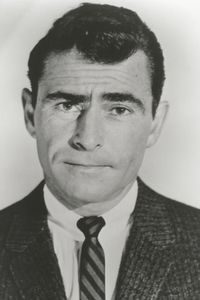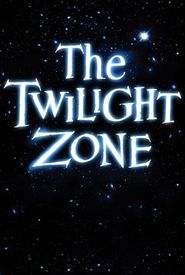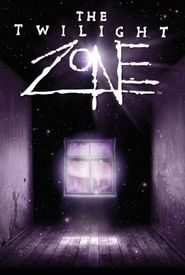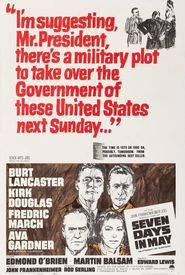Rodman Edward Serling, professionally known as Rod Serling, was a multifaceted American creative force, whose birth on Christmas Day, December 25, 1924, marked the beginning of a remarkable life that would eventually come to a close on June 28, 1975.
As a talented screenwriter, playwright, television producer, and narrator, Serling made a profound and lasting impact on the entertainment industry, a legacy that continues to be felt to this day, particularly during the 1950s with his live television dramas, which captivated audiences and left an indelible mark on the world of television.
Serling's creative genius knew no bounds, as he effortlessly transitioned between mediums, leaving an impressive trail of work in his wake, including iconic television shows, films, and plays that continue to be celebrated and studied by scholars and enthusiasts alike.
Rod Serling's most remarkable and enduring achievement was the conception and creation of the groundbreaking anthology television series, The Twilight Zone, which astoundingly showcased his unparalleled storytelling prowess and perceptive social commentary, leaving an indelible mark on the world of television.
Throughout his illustrious career, Serling was a stalwart and dedicated advocate for numerous social and humanitarian causes, both on and off the screen, and played a pivotal role in shaping and influencing the television industry's standards, paving the way for future generations of writers, producers, and directors.
---
**Rod Serling Biography:**
Born on December 25, 1924, in Syracuse, New York, Rodman Edward Serling was an American screenwriter, playwright, and television producer. He is best known for creating the iconic television series, The Twilight Zone.
Serling's interest in writing began at an early age, and he started writing stories and plays while still in high school. After serving in the United States Army during World War II, he enrolled at Antioch College, where he continued to hone his writing skills.
Following his graduation, Serling moved to New York City, where he began his career in television, writing scripts for various anthology series, including Kraft Television Theatre and Studio One. His unique storytelling style and ability to tackle complex social issues resonated with audiences, and he soon became one of the most sought-after television writers of his time.
In 1959, Serling created The Twilight Zone, a groundbreaking anthology series that explored the human condition through science fiction, fantasy, and horror. The show became a huge success, running for five seasons and earning widespread critical acclaim.
Throughout his career, Serling was a vocal advocate for various social and humanitarian causes, including civil rights, education, and the arts. He was also a strong supporter of the Writers Guild of America and played a key role in shaping the organization's policies and practices.
Serling's work on The Twilight Zone and other television series earned him numerous awards and accolades, including multiple Emmy Awards and a Peabody Award. He continued to work in television until his death on June 28, 1975, leaving behind a legacy that continues to inspire and influence writers, producers, and directors to this day.
The multifaceted personality of Rod Serling, renowned creator of the iconic television series "The Twilight Zone", was often shrouded in a paradoxical aura, as his remarkable achievements in the entertainment industry were frequently juxtaposed with his reputation as the "angry young man" of Hollywood. This enigmatic label stemmed from his propensity for engaging in heated disputes with television executives and sponsors, which were fueled by his unwavering commitment to tackling pressing social issues, including censorship, racism, and the devastating consequences of war.



































































